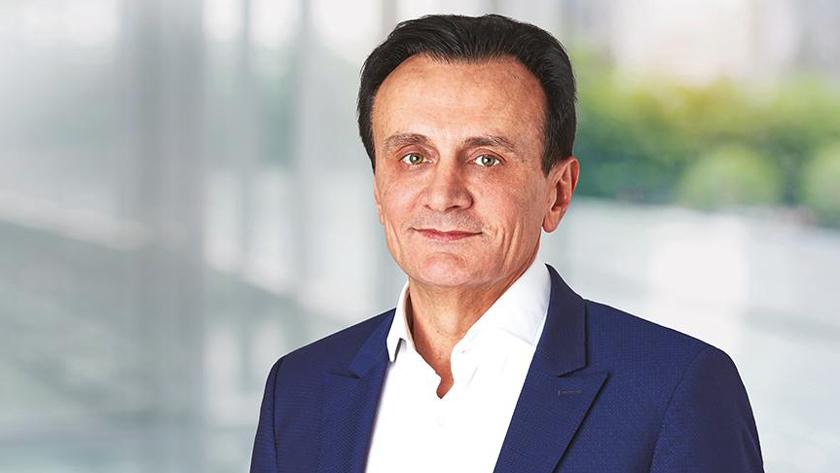Lower COVID sales weigh on AZ in fourth quarter

Sales of AstraZeneca's COVID-19 vaccine dwindled to almost nothing in the fourth quarter of 2022, contributing to a weaker-than-expected performance for the group.
The Vaxzevria shot made just $85 million in the three-month period, down from $1.8 billion in the same period of 2021, and while preventive antibody Evusheld brought in $734 million, up from $135 million a year ago, its sales heading for a steep decline now that it is no longer authorised for use by the FDA.
Overall, revenues came in at $11.2 billion, down 7%, but AZ said if Vaxzevria is excluded, it would have reported a sales increase of 17%, driven by Farxiga for diabetes, cardiovascular and kidney diseases which climbed 39% to $1.2 billion.
AZ's oncology franchise also contributed, up 9% to $3.9 billion with checkpoint inhibitor Imfinzi (durvalumab) and leukaemia therapy Calquence (acalabrutinib) leading the charge, up 19% to $753 million and 49% to $588 million, respectively. That was, however, a little lower than had been expected by analysts.
The company is anticipating revenue this year to increase by a low-to-mid single-digit percentage on a constant exchange rate basis if COVID drugs are included, and a low double-digit percentage rise if they are excluded.
Chief executive Pascal Soriot said the underlying fundamentals o the group are strong, with a record 34 approvals in major markets last year and new drugs starting phase 3 including cancer candidates camizestrant, datopotamab deruxtecan, volrustomig, baxdrostat for hypertension, and ALXN1850 for hypophosphatasia.
"We plan to initiate more than 30 phase 3 trials this year, of which 10 have the potential to deliver peak year sales over one billion dollars," he added. The target is to launch 15 new molecular entities (NMEs) onto the market between now and 2030.
Discontinued programmes
There were some pipeline discontinuations as well, including a decision to stop the phase 3 HUDSON trial of IL-5 inhibitor Fasenra (benralizumab) in patients with eosinophilic gastritis and/or gastroenteritis, as well as the MAHALE study in non-cystic fibrosis bronchiectasis (NCFB) due to "strategic portfolio prioritisation".
Also falling by the wayside was a phase 2 trial of IL-33-targeting antibody tozorakimab in atopic dermatitis – though it remains in phase 3 for chronic obstructive pulmonary disease and phase 2 for asthma and diabetic kidney disease – and MEDI9253, an IL-12-directed therapy for solid tumours in phase 1.













